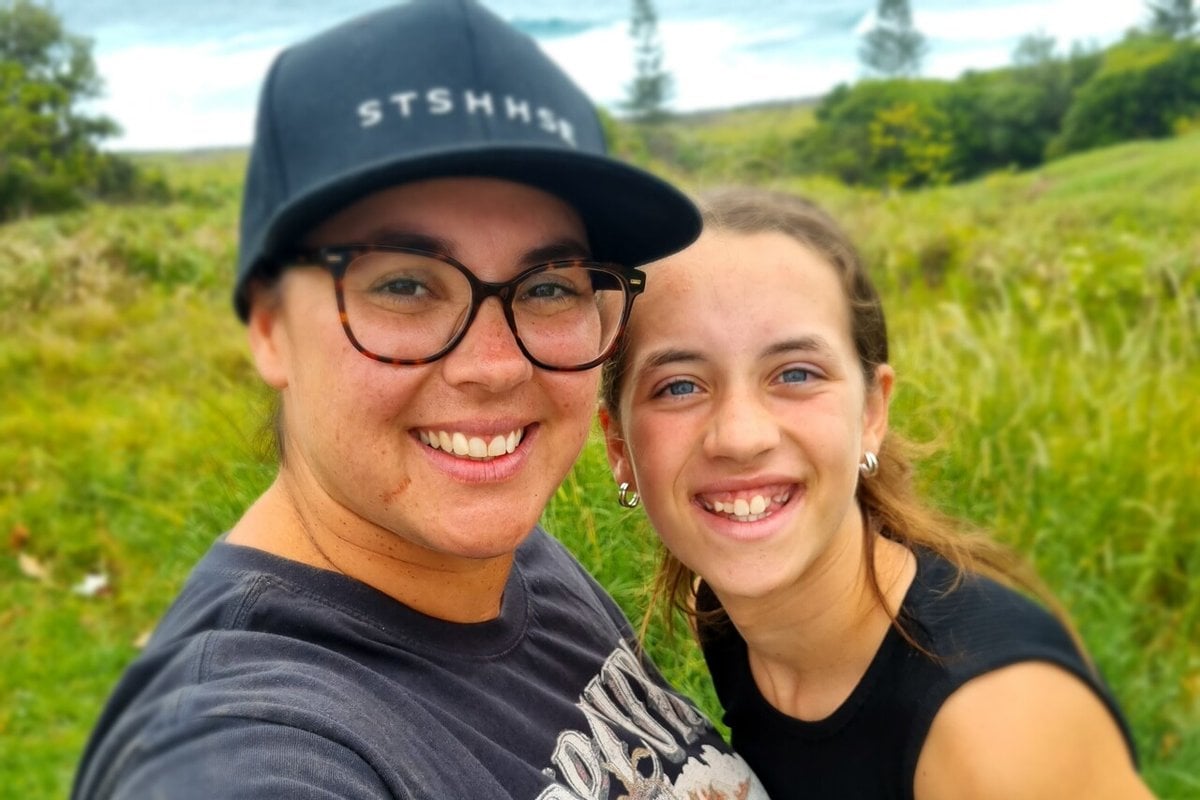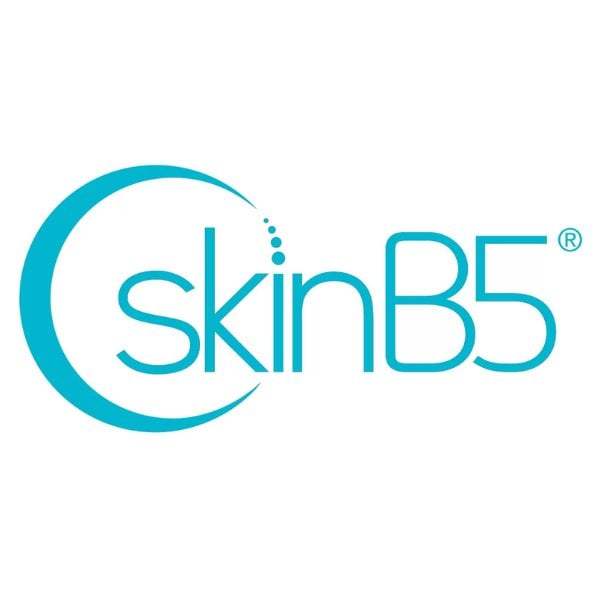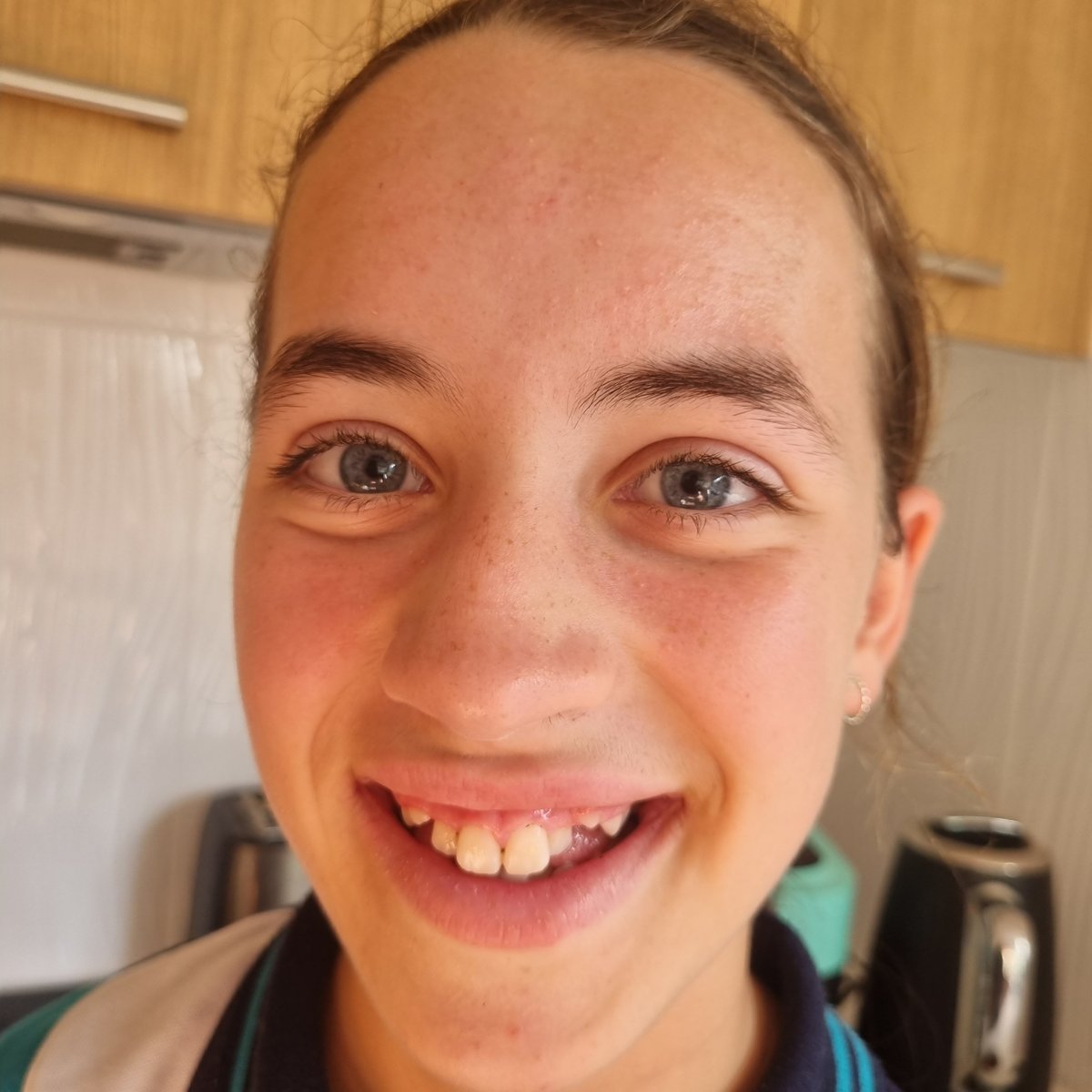

Ugly, Volcano Face, Spotty Dog.
These are the names my 12-year-old daughter has been called at school about her acne. She comes home, throws her bag at the bottom of the steps, and says that she wishes she could put a bag on her head.
She has experienced skin challenges since she was a baby with eczema. She now gets subtle patches of skin discolouration, something which is very noticeable on her olive skin. These things, she tells me, don’t bother her because she can cover them up if she wants to, but for the pimples, blackheads and blemishes on her face, it's not that easy.
As I sit here now, watching her suck on frozen strawberries on the lounge, the thought of her wishing she could hide her face from the world hurts my heart like nothing else. She has no idea how often I just stare at her during candid moments of quiet like this, in complete awe of everything she is, just wishing that she could see herself the way I do.
But, as she tells me, what I say doesn’t matter because I’m her mum. At 12, the only people who matter are her peers, and right now, they’re tearing her up inside.
Reading SkinB5's 2022 research study, I found my daughter isn’t alone in feeling down because of her acne.
Young Aussies have the highest prevalence of mental illness, and the pressure to look a certain way is increasing. 95 per cent are feeling self-conscious because of their skin. Skin conditions like acne are well-documented to have significant impacts on mental health, with acne linked to anxiety, depression, and a decreased quality of life.





























































































